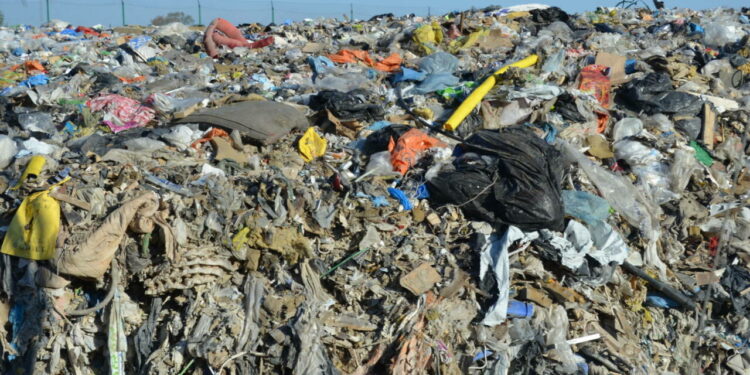Litter is one of the most pervasive and fastest-growing anthropogenic alterations of the World. Coastal litter degrades the quality and health of the oceans by damaging coastal and marine habitats and harming marine life. According to WorldAtlas.com, plastic is one of the most common litters found on beaches. International Coastal Cleanup (ICC) reported to have commonly found Cigarette Butts (CBs), food wrappers, plastic bottles and bottle caps, plastic bags, plastic beverage lids, straw and stirrers, and plastic and foam take-out containers in all coastlines sampled in 2017.
During the 2020 global campaign to clean beaches, volunteers working in 122 countries collected 8,066,072 litter items, of which 964,521 (11%) were CBs. We all know that plastic litter is hazardous for marine life. Minuscule pieces of plastics or microplastics have been found in many sea life, including fish and drinking water, creating a poisonous food chain that eventually affects humans.
It is said that earth has one big ocean with many features. An interconnected circulation system around the oceans is driven by the force of earth’s rotation, wind, the sun, etc. The ‘global ocean conveyor belt’ carries litter from one sea to the other. Therefore, it is imperative to clean the entire coastline of all the countries to get the benefits of the cleaning activities.
Non-buoyant or non-persistent litter items, such as metal, glass, paper, textile, organic litter etc., come mostly through direct litter dumping. Oil Spill Prevention, Administration and Response (OSPAR) was started in 1972 with the Oslo Convention against dumping. It was later expanded by the Paris Convention of 1974 to cover land-based sources of marine pollution and the offshore industry. It says, litter composition indicates specific uses and activities such as tourist activities, fishing, and dumping.
Experts define marine litter as “all anthropogenic, manufactured, or processed solid items discarded, disposed of, or abandoned in the marine environment, including all such material brought indirectly to the ocean by rivers, sewage discharge, waves, tides, currents, and winds.” Sustainable Development Goal 14 (SDG14) talks about conserve and sustainably using the oceans, seas, and marine resources for sustainable development. Its Target 14.1 says, “By 2025, prevent and significantly reduce marine pollution of all kinds, particularly from land-based activities, including marine debris and nutrient pollution.”
P. Kaladharan and others, in an article published by Journal of the Marine Biological Association of India, informed that Odisha coast had the lowest (0.31 g/m2) quantity of beach litter and the Goa coast (205.75 g/m2) had the highest. Andamans and Lakshadweep recorded values higher than Kerala, Andhra Pradesh, Tamil Nadu, Odisha and West Bengal. A high volume of Electronic wastes, such as parts of circuit chips, diodes, computer and mobile hardware parts, CDs, parts of battery-operated toys, button cells, etc. were found in Andhra Pradesh and Andamans. When landfills near coastal areas are not properly fenced, or buffer zones around the site are not maintained, litters from the site easily reach the coast and subsequently the sea.
Litter in coastal and marine environments generates a loss of both direct and indirect economic benefits to society. Many instances of death of marine creatures by ingestion of litter (mainly plastics), have been reported. Alien and invasive species are often transported from one area to another through the litter. Lost and discarded fishing gear crush or alter marine-life habitats like coral reefs.
Plastic medical waste like face masks, gloves, bags, food containers, bottles, etc. accumulated in hospitals and transported along streets, end up in many coastal and marine environments.
No single solution exists to cope with the litter issue. Quoting a report prepared by National Centre for Coastal Research (NCCR), Chennai, Dr Jitendra Singh, Union Minister of State (Ind. Charge) Science & Technology; (Ind. Charge) Earth Sciences; Minister of State PMO, DoPT, Atomic Energy, Space; wrote in a recent article that the maximum litter accumulation occurs on the backshore than in the inter-tidal zone.
The ongoing ‘Swachh Sagar Surakshit Sagar’ campaign is expected to raise awareness among masses about how plastic usage is destroying our marine life. Likewise, litter pollution can only be overcome with a unified and consistent approach. (India Science Wire)


















Discussion about this post